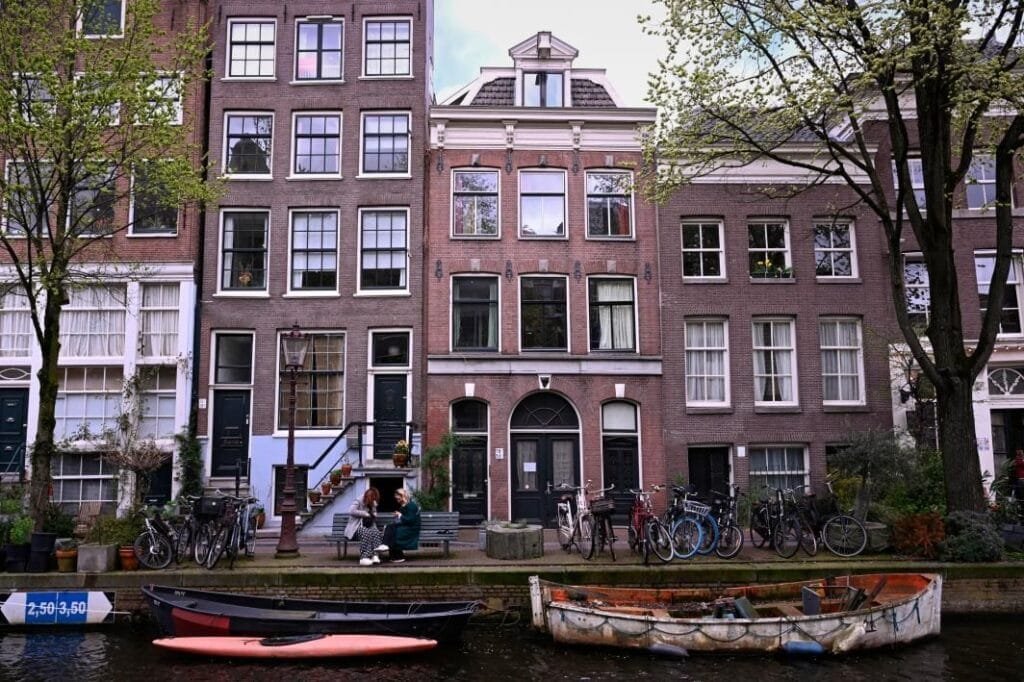Amsterdam has taken a decisive step by banning the construction of new hotels, signalisignallingerted effort to manage the influx of rowdy tourists and maintain the city’s livability, according to recent reports
The City Council’s latest move aims to rein in over-tourism by capping hotel overnight stays by tourists at 20 million per year and imposing stringent restrictions on new hotel developments.

Under the new rules, new hotel construction will only be permitted if an existing hotel shuts down and the total number of guestrooms in the city remains constant. Additionally, there is an emphasis on new accommodations meeting rigorous sustainability standards.
Mayor Femke Halsema clarified that exceptions will be made for the 26 new hotels that have already secured permits, ensuring they are not affected by the ban.
Although the ban carries symbolic weight, with only three new hotel proposals meeting the city’s stringent criteria since 2017, it underscores Amsterdam’s commitment to responsible tourism management.
Amsterdam recorded 25.2 million hotel stays in 2019, a figure surpassed in subsequent years, not accounting for Airbnb accommodations or daytrippers from cruise ships.

The city boasts nearly 42,000 hotel rooms, accommodating over 92,000 guests, representing a significant portion of the country’s hotel capacity.
Experts like Ko Koens, a professor specialising in urban tourism, caution that managing visitor numbers in popular tourist hubs like Amsterdam requires comprehensive solutions beyond bans.
Amsterdam’s initiatives extend beyond hotel bans, including targeted ad campaigns, restrictions on cruise ships, and measures to regulate activities in the red-light district.
The challenges of deterring visitors while preserving tourism revenue and cultural integrity highlight the complexity of managing tourism sustainably.
European cities like Seville and Venice and regions like the Canary Islands face similar challenges with mass tourism, prompting broader discussions on sustainable tourism practices.
Beyond Europe, destinations worldwide are grappling with the balancing act of tourism revenue and environmental preservation, with places like Hawaii proposing climate taxes on tourists.
Residents and stakeholders in Amsterdam are actively engaging in discussions and actions to balance tourism benefits and city livability.

Amsterdam’s efforts reflect a broader trend in global tourism towards prioritising long-term sustainability and responsible tourism practices.
Collaboration between governments, tourism authorities, and local communities is crucial in developing holistic solutions to manage tourism sustainably.
As the global tourism landscape evolves, cities like Amsterdam are at the forefront of shaping policies that promote sustainable tourism and protect cultural heritage and environmental resources.














